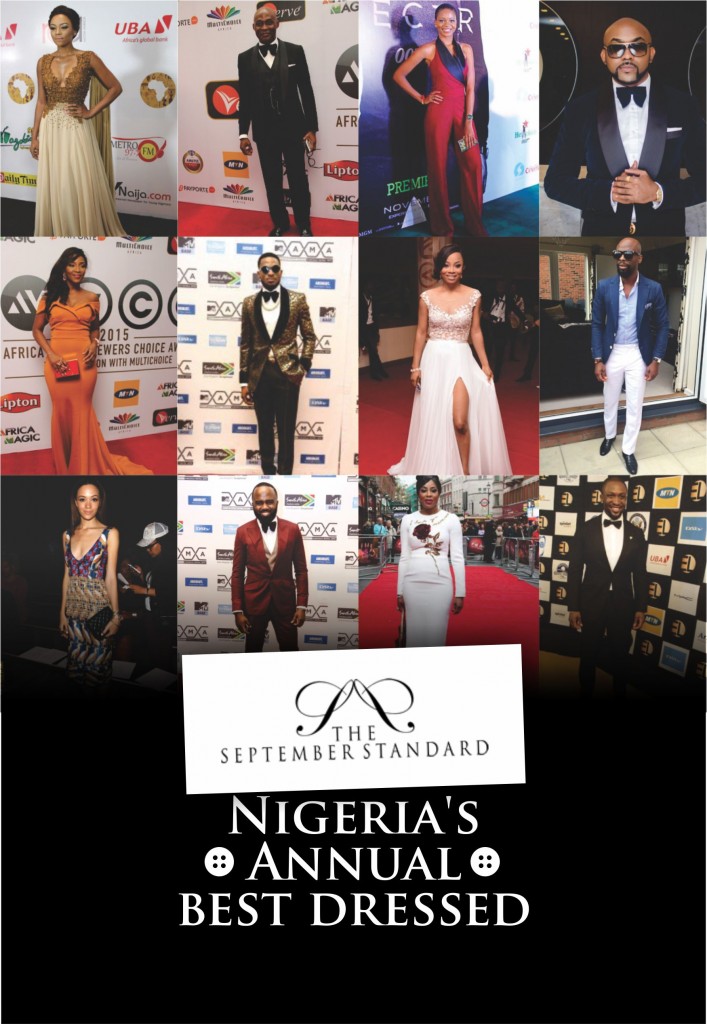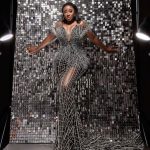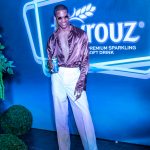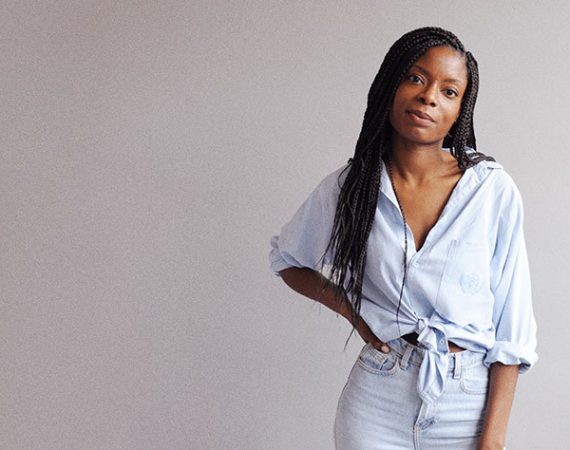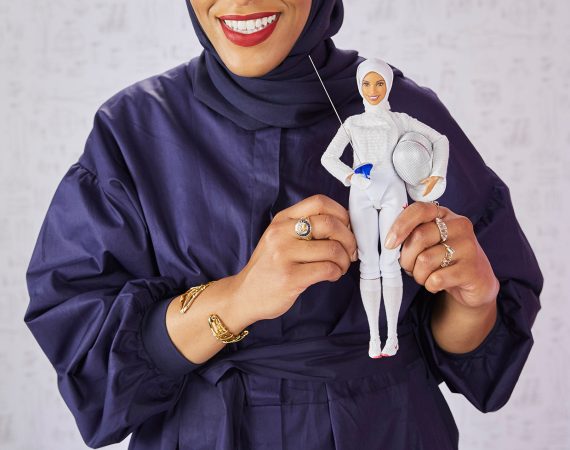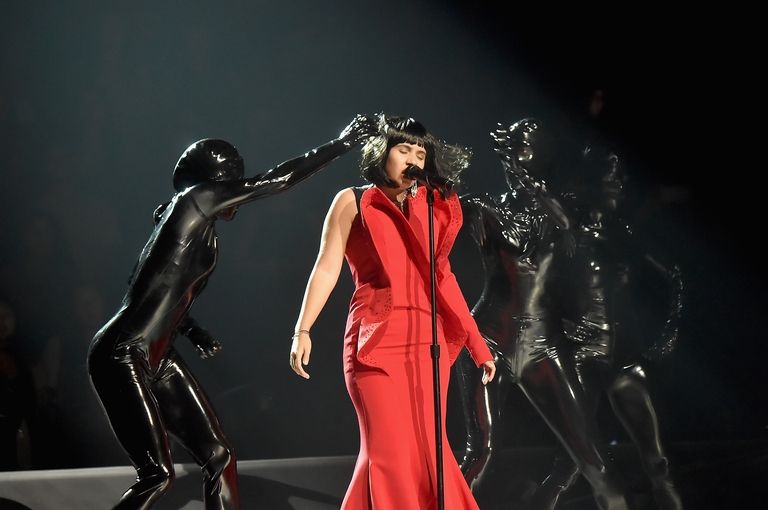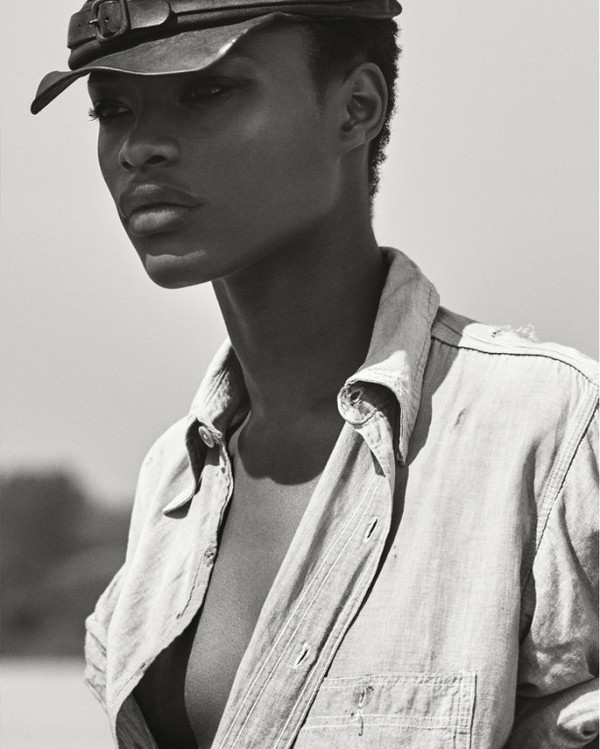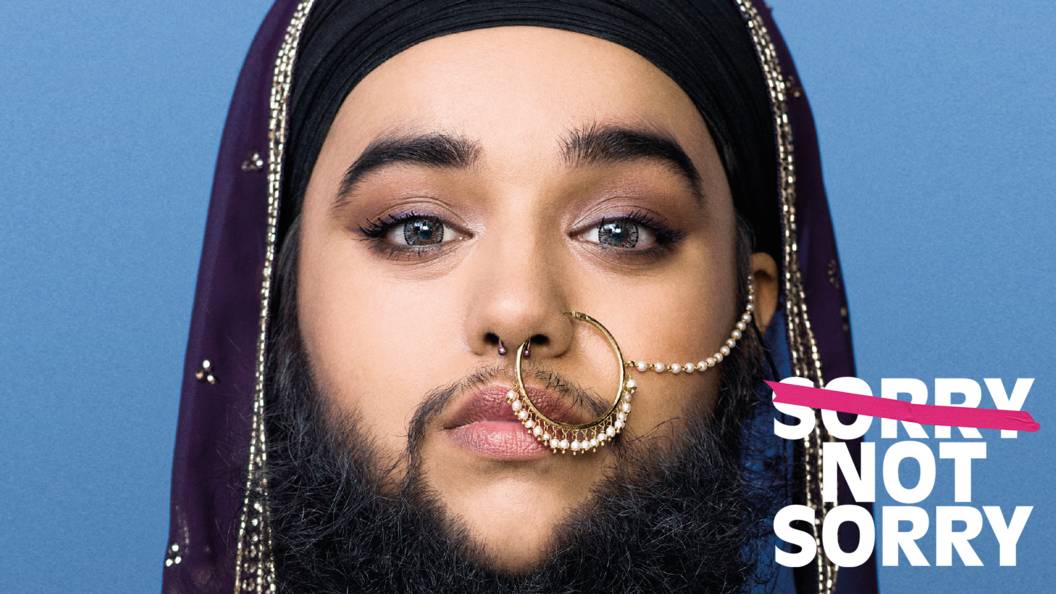In late December 2015 one of the biggest news stories was that renowned fashion and portrait photographer Toyin Sokefun Bello had cut off her now iconic afro. For nearly two decades, TY Bello had been one of Nigeria’s biggest advocates for embracing natural hair, first as a musician and then as a photographer, even before it became fashionable to be afrocentric in sound and style.
A lot has changed since then.
One of the major consequences of foreign influence in our music and arts is the adoption of western standards of beauty. Starting from the sixties and seventies, music icons like Sir Victor Uwaifo, Igwe Bongos and Evi Edna Ogoli married their Nigerian music roots with western sensibilities, infusing the caucasian trends at the time into their sound and appearance. With each progressive decade and the need to break out on a global platform, more artistes took this route, inadvertently influencing the audience they gained along the way. By the 80’s and early 90’s during the massively popular cigarette company sponsored concerts (Benson and Hedges Golden Tunes/Rothmans Groove) and prime-time television music shows, it was unheard of for Nigerian artists to play those venues, let alone influence the dress styles. Baggy jeans and weaves were all the rage, it was fashionable to hide away all the aspects of self that defined one as African.
#Takekiss 😘 . Download and share please. Link In bio
A photo posted by Hadiza Salma Blells Fanpage 💞 (@dijarians) on
Hadiza Blell, otherwise known as AphroDIJA is one of the newest pop stars to gain serious traction in the Nigerian music sphere. She is known for her interesting sounds, just as much as she is for her afro. There is also emerging rapper Aina More who prefers to shave it all off and prove to us that bald can be beautiful too. These women join Yemi Alade, Eva Alordiah and Asa, all women who have shed western beauty standards and embraced diverse beauty standards.
On the other side, Tomi Thomas, Endia and Yung 6ix are changing the narrative of acceptable beauty standards for Nigerian black men.
A photo posted by Hadiza Salma Blells Fanpage 💞 (@dijarians) on
A photo posted by Tomi Thomas (@tomithomas_los) on
It might seem trivial to write a post about a musician’s hairstyle, but here is the little acknowledged fact, these artistes offer us representation. By choosing to expand the scope of what is possible or acceptable, they give millions of young people the permission to experiment. They expand the definitions of what is acceptable for young men and women, and that, is admirable.
First published on Sounds.ng

